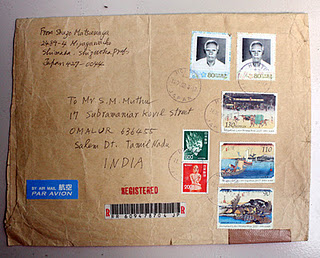Ektaa Malik attended the concert where the maestro sat and heard his own compositions played by The German Film Orchestra Babelsberg
The silence was almost eerie. The tension thick, like the Delhi fog. Pervading concentration levels of the 1500 people in attendance could alone have performed a telekinesis miracle.
Every creak of a chair, every cough and a sneeze was discretely suppressed. There was a marked dearth of errant cell phones ringing and the resultant glares that would be directed at the one offender. The usual cranky audience of Delhi sat in spellbound silence, very akin to a group of well disciplined school children.
The German Film Orchestra Babelsberg could not have asked for a better atmosphere as they performed the compositions of AR Rahman, conducted and arranged by renowned orchestra conductor and music composer, Matt Dunkley. Delhi, in the august company of the Mozart of Madras, AR Rahman, sat and listened to AR Rahman.
Named Classic Incantations its a unique project that has the German Orchestra playing select compositions of Rahman. Ranging from his early compositions from Roja, to the dated 127 Hours, they have the best of Rahman’s music on their repertoire. This venture is part of the ongoing programme series Germany and India 2011-2012: Infinite Opportunities, which celebrate the completion of 60 years of diplomatic relations of Germany with India.
The stage was bathed in the milky blue light. The musical instruments onstage sparkled, as they waited in defiant splendour. The musicians took their places dressed in resplendent black and we had a concert on our hands.
The German Film Orchestra Babelsberg with its 100 plus musicians was the perfect symphony orchestra to be playing the musical genius of Rahman. Established in the year 1993, the Orchestra is an institution in itself, having collaborated with the German metal band Rammstein, they also featured with the progressive rock band Karat. The Orchestra often performs and teams up with various artists on cross over projects in popular music and jazz.
The first piece played was the Warriors of Heaven and Earth Suite. The 2003 Chinese film had its music done by Rahman when Sony Pictures asked him to compose in the western classical tradition. The Suite was perfect beginning to an evening that had the choicest offerings from the expanse of music by Rahman.
The folk melody of the Theme from Lagaan was heralded by the sound of the horn. The rousing theme cast a spell, as it also had the solo rendition of Deepiga S, who gave the vocals for theTheme. Deepiga is the proud member of the KM Music Conservatory Chamber Choir which provided the background vocals for the musical compositions. The KM Musical conservatory had been started by Rahman in 2008, to train students in the techniques of western musical performance and composition, along side tutoring them in advance classical Indian music.
The concert in addition to just featuring Rahman also had The German Orchestra give a musical tribute to all the great composers of India. They played the choicest renditions and commemorated and acknowledged their contributions to the Indian music industry.
Featured prominently for this segment was soloist Navin Iyer, a flautist who on previous occasion had worked with Rahman on the score for Slumdog Millionaire. The Orchestra brought together the musical scores of Swades, Meenaxi, Passage, Elizabeth: The Golden Age, Subhash Bose, Robot, The Rising, in conjunction with the hallmark of Rahman — Theme from Bombay and Cry of the Rose from Roja.
The conductor of the Orchestra, Matt Dunkley was a sight to behold, as he swayed and conducted the 100 plus musicians with panache. His energy was contagious, as the musicians responded to the charged up atmosphere, and played to the gallery.
The finale of the concert had the maestro himself take the stage with the Orchestra and together they geared up for the epic finale. Rahman took his seat behind the piano and he was accompanied by Asad Ali Khan on the Sitar and the two played the Slumdog Millionaire Suite.
The German Orchestra too joined in and for few minutes the auditorium resounded with the musical harmony. The reverberations were all around. The resultant applause was thunderous to say the least. When the Rahman and the Orchestra came together to take the final bow, the resounding cheer could easily have brought the roof down.
As wave after wave of cheers and clapping greeted the performers as they were felicitated, the cry for an encore got louder.
The German Film Orchestra and the Km Music Conservatory gave a beautiful rendition of the song Aayo Re Sakhi from the movie Water. A fittin end to a flawless evening.
The German Film Orcshetra brought to the fore the vast variety that orchestral music can offer. Every instrument, be it percussion, or woodwinds, together they transport one to a different place. Rahman agreed, as he said when he came on stage to be felicitated, “I always go some place else when they play, leave alone the fact that they are playing my music, its just that they play it so beautifully.”
At the beginning of the concert some one said, “This will be an emotional night, to say the least,” and yes, it was.
source: http://www.DailyPioneer.com / Monday, January 23rd, 2012
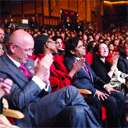
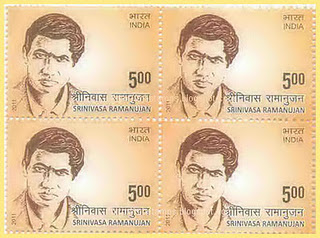
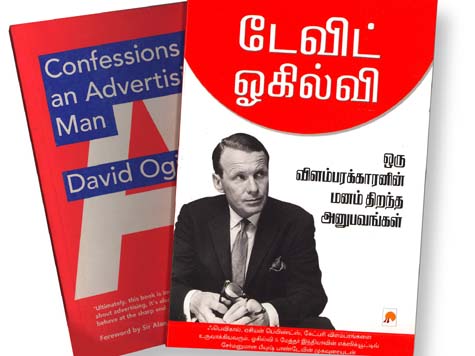
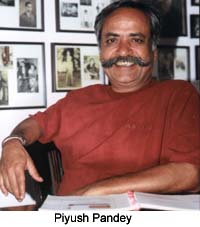
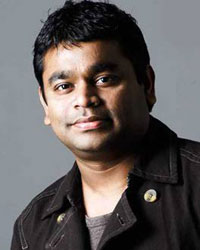
 “WTP’s music is a bit different from CR and 127 Hours. It’s much more emotional and dramatised. I have really enjoyed the process. I think it’s going to release early next year,” explains Rahman, adding that he is trying very hard to divide his time between family, Hindi films, Hollywood, Tamil cinema and other things.
“WTP’s music is a bit different from CR and 127 Hours. It’s much more emotional and dramatised. I have really enjoyed the process. I think it’s going to release early next year,” explains Rahman, adding that he is trying very hard to divide his time between family, Hindi films, Hollywood, Tamil cinema and other things. Now, the Government of Japan has included this Thirukural as a lesson in the text book at college level. To cap it all, when the Japanese Government proposed to release a postal stamp to honour Shuzo Matsunoga for his works, he humbly refused and said, “To translate this tamil literature into Japanese language, Muthu from Salem has helped me. So the credit goes to him”. On his recommendation the Japanese Government released a postal stamp on Muthu (Salem) for 80 Yen (Rs.27/-) in 2007. Muthu, a humble and noble person, did nothing for selfish end. It was all for the tamil literature. He communicated all this over to his friend in Japan only through 200 letters, while, in the Facebook age, individuals transmit info electronically.
Now, the Government of Japan has included this Thirukural as a lesson in the text book at college level. To cap it all, when the Japanese Government proposed to release a postal stamp to honour Shuzo Matsunoga for his works, he humbly refused and said, “To translate this tamil literature into Japanese language, Muthu from Salem has helped me. So the credit goes to him”. On his recommendation the Japanese Government released a postal stamp on Muthu (Salem) for 80 Yen (Rs.27/-) in 2007. Muthu, a humble and noble person, did nothing for selfish end. It was all for the tamil literature. He communicated all this over to his friend in Japan only through 200 letters, while, in the Facebook age, individuals transmit info electronically.
